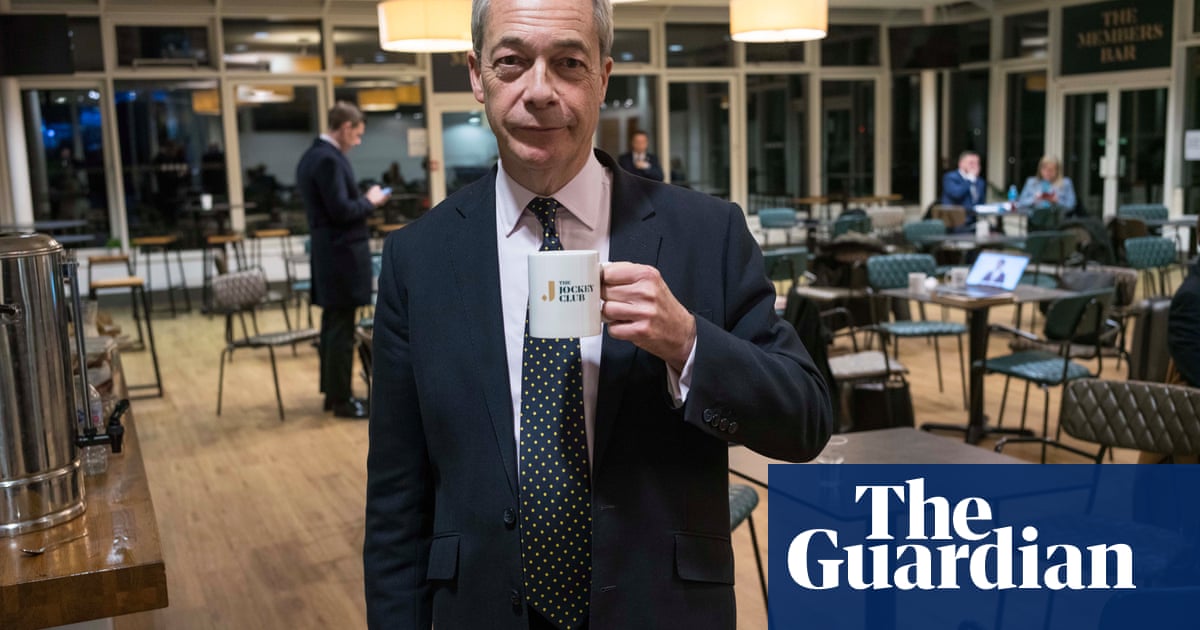At the stroke of midnight on Saturday night, the shutters came down. Anyone who didn’t claim pension credit by then will have lost their winter fuel payment. Pension credit is designed to help low-income pensioners with living costs, and only those on this means-tested benefit qualify for winter fuel payments. Yet up to 880,000 older people entitled to pension credit don’t claim it. They’re only some of millions of people who aren’t getting their benefits. Last year, a total of £23bn in benefits and social support went unclaimed.
There are far fewer pensioners living in poverty today than there were when the winter fuel allowance was introduced back in 1997, so means testing it by linking it to pension credit makes sense. Thanks to the pension triple lock, most pensioners will be better off by up to £472 a year from April 2025. Why give a winter fuel payment to Bernie Ecclestone, Rod Stewart, or to me? Until now, kind-hearted better-off pensioners donated their allowance to charity. Less kind people mocked the welfare state’s apparent extravagance. Fraser Nelson, former editor of the Spectator, described: “A millionaire I know [who] has a tradition every year: he buys a bottle of vintage wine with his winter fuel payment and invites friends to drink it. His point is that it’s ludicrous that people like him are given handouts by the government.”
There will be no jeroboams this year. Despite the outburst of posed pictures of freezing pensioners in the rightwing press, public opinion is evenly divided on this means testing. A universal benefit inflames the myth of a spendthrift welfare state, but it also ensures everyone gets what’s owed to them. This change saves the government about £1.3bn, so that brings a strong obligation to raise the pension credit threshold to include old people who are living only just above it. Qualifying for even a little pension credit opens a gateway to a free TV licence, housing benefit, reduced council tax or help with NHS costs. The government has been urging people to claim, and the Department for Work and Pensions has hired an extra 500 people to clear the backlog.
All this shines a light on the pensioners who aren’t getting what they’re due. Even when people do claim the benefits they are entitled to, Britain’s miserly system means there are still 14.4 million people living below the official poverty line. A scandalous one in three children are poor, twice as many as the one in six pensioners, but that still leaves still 2.1m poor old people. Still, consider the destitution of those who don’t even get what they are owed.
Plainly a portion of the £23bn saved in unclaimed benefits should be spent on finding these missing people. Why don’t they claim? It’s easy to forget that huge numbers of people don’t watch the news, don’t vote and are unconnected to local services that could help. Many of them are desperate: Citizens Advice finds that 5 million people are living on “negative budgets”, which means that even once they get help with claiming everything due to them, their incomes are lower than the basic costs of housing, energy, water and food. Healthy start money for young children’s milk and food can add £1,000 to a family budget, but only about 60% of those eligible claim it. Schools try their best to reach families not claiming free school meals, but they need more support to find the 800,000 students who are missing out, in households so poor that their parents earn less than £7,400.
“Pride” is sometimes given as the glib explanation for why people don’t claim their benefits. Yet ignorance, mental illness, semi-literacy, fear of rejection, fear of officialdom or difficulty applying online are among multitudes of barriers that people face. About 20% of people entitled to universal credit don’t claim it. Social tariffs for water and energy also go unclaimed, and only 5% of low-income households signed up to the deeply discounted broadband tariffs they are entitled to.
Finding these missing people should be easy. Policy in Practice, a social policy and analytics company, shows how to do it. Its software uses DWP and local council tax records to identify who is owed and to help them claim. About 60 local authorities pay for this service, but the government should roll it out nationally. Despite pinched finances, scores of councils find it pays to get elderly people their benefits, to prevent them from needing social care or ending up in A&E. Some councils use the government’s £500m household support fund to give the winter fuel payment to those who sit just above the threshold for means testing.
But the founder of Policy in Practice, Deven Ghelani, told me that they could find many more claimants if one obstacle was removed: HMRC refuses to hand over data on incomes and taxes on the grounds of privacy, even while the DWP and councils hand over benefits information willingly. Breaking this obsession with privacy requires an urgent change in the law (I would make all incomes and taxes public, as in Finland, but that’s another issue). For now, HMRC should make information available to those authorised to find missing claimants.
In a country so unequal, where poor people are 22% worse off than their French equivalents, and benefit cuts fall heaviest on children, government has a powerful obligation to ensure everyone at least gets what they are owed. Rightwing relish for benefit-cheat stories means we hear a lot more about the £6.4bn lost to fraud than we do about the £23bn missing from the pockets of those who need it most. Labour promises that it will be returning to its pledge to end child poverty. That couldn’t be more urgent, and finding the non-claimants is something it should be doing right now.
-
Polly Toynbee is a Guardian columnist

.png) 2 weeks ago
14
2 weeks ago
14













































